Favole & Lieu - Euclid
In the spotlight: Ginevra Favole and Maggie Lieu - RESEARCH FELLOWS
November 2016
 |
Dr Ginevra Favole recently joined the Euclid SOC at ESAC as Research Fellow. |
Before joining ESAC in October 2016, I was a PhD student at IAA (Granada) and IFT-UAM (Madrid). My research is mostly focused on measuring and modelling the galaxy clustering and weak lensing signals in galaxy populations that differ in color, luminosity and star-formation history. These measurements are powerful cosmological probes that allow us to understand how the large scale structure of our Universe formed and grew in time until the present configuration. In particular, I have developed numerical algorithms to reproduce the galaxy two-point correlation function using high-resolution N-body cosmological simulations and SHAM or HOD techniques. These models allow us to build robust predictions of the galaxy halo occupation distribution within the cosmic web. In one word, they help us to build detailed three-dimensional maps of the Universe we see today where dark matter, dark energy and baryons coexist.
Why did you join the Euclid team? I joined the Euclid team since I am primarily interested in extending my research, so far mostly based on SDSS and SDSS-III/BOSS low-redshift optical data, to the high-redshift emission line galaxies that Euclid will observe in the infra-red. In the near-future, large samples of galaxies with unprecedented imaging quality and spectral resolution will be available. This represents a unique opportunity for us to find and connect the missing pieces of the cosmological puzzle.
What do you see as the biggest challenge in Euclid? Euclid will provide about 50 million galaxy spectra with Halpha emission line fluxes out to redshift z=2. This will allow us to precisely trace the baryon acoustic oscillation feature in their clustering signal and hopefully reduce the errors at the 1% level.
What about your expectations with Euclid? My expectation with Euclid is to really see an improvement, in terms of image quality, spectral resolution and statistical significance, compared to the previous surveys. I hope this mission will make the difference in our understanding of the structure formation process. I hope in a few years we will be able to define the nature of dark energy and to explain why the Universe is expanding at an accelerating rate.
 |
Dr Maggie Lieu recently joined the Euclid SOC as Research Fellow. |
I completed my undergraduate degree in Astronomy, Space Science and Astrophysics at the University of Kent with a year in UCLA. My Masters project involved creating SPH simulations of molecular clouds and the effects of FUV radiation on star formation. I later switched to galaxy clusters for my PhD, at the University of Birmingham to pursue my main science interest in cosmology. There, my research focussed on the mass measurements of galaxy groups and clusters which is crucial for cluster cosmology and involved working closely with optical, X-ray, weak-lensing data.
Why did you join the Euclid team? Weak gravitational lensing is the ideal tool to estimate cluster mass since it is neither sensitive to the dynamical state of the cluster or the nature of the mass. However, current limitations include the susceptibility to PSF/atmospheric effects, deep and wide coverage and also the uncertainties in redshift. Euclid will offer unprecedented shape measurements required for my weak lensing research and the synergies with upcoming surveys e-Rosita and LSST will facilitate considerable progress in the field of cluster cosmology.
What do you see as the biggest challenge in Euclid? I think the biggest challenge in Euclid is processing the large amount of data it will produce into scientifically accurate results. Weak gravitational lensing relies on the statistical averaging of many background galaxies in-order to reduce shape noise. Euclid will generate several petabytes of data covering 15000 deg^2 of the sky, leading to an era where we will no longer be restricted from abundance of high-quality lensing data but on methods to quickly extract accurate information from this upcoming big data survey.
What are your expectations with Euclid? I'm expecting Euclid to be absolutely epic! Aside from my own field, Euclid will cover many other science areas - including unravelling the mysteries of the universe (the nature of dark matter, dark energy and tests of gravity), identifying and mapping local objects such as asteroids to distant quasars and possibly even detecting the mythical Planet X, if such a planet exists. The launch of Euclid will be a very exciting time for science and I'm extremely happy to be able play a part in it.
- Removed a total of (2) style text-align:left;
- Removed a total of (2) align=top;
- Removed a total of (2) border attribute.
- Removed a total of (2) cellpadding attribute.
- Removed a total of (2) cellspacing attribute.
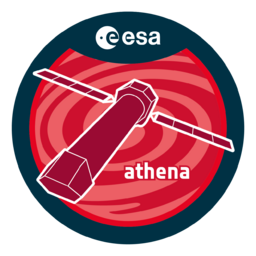
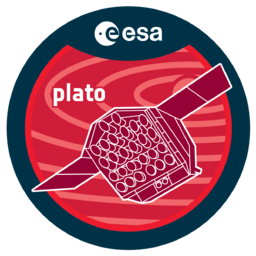
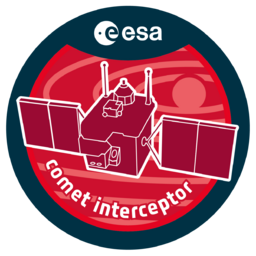

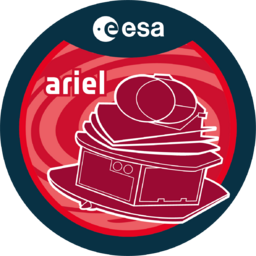
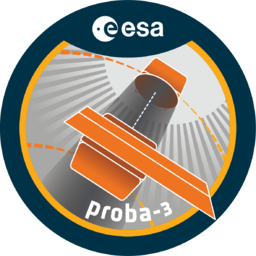
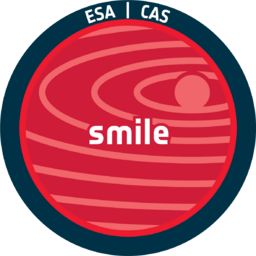
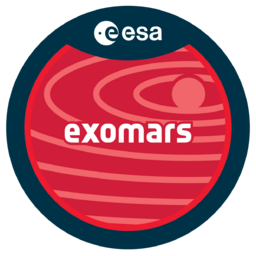
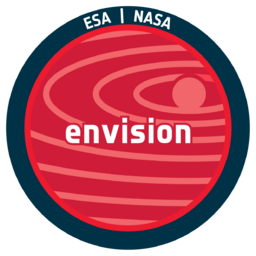
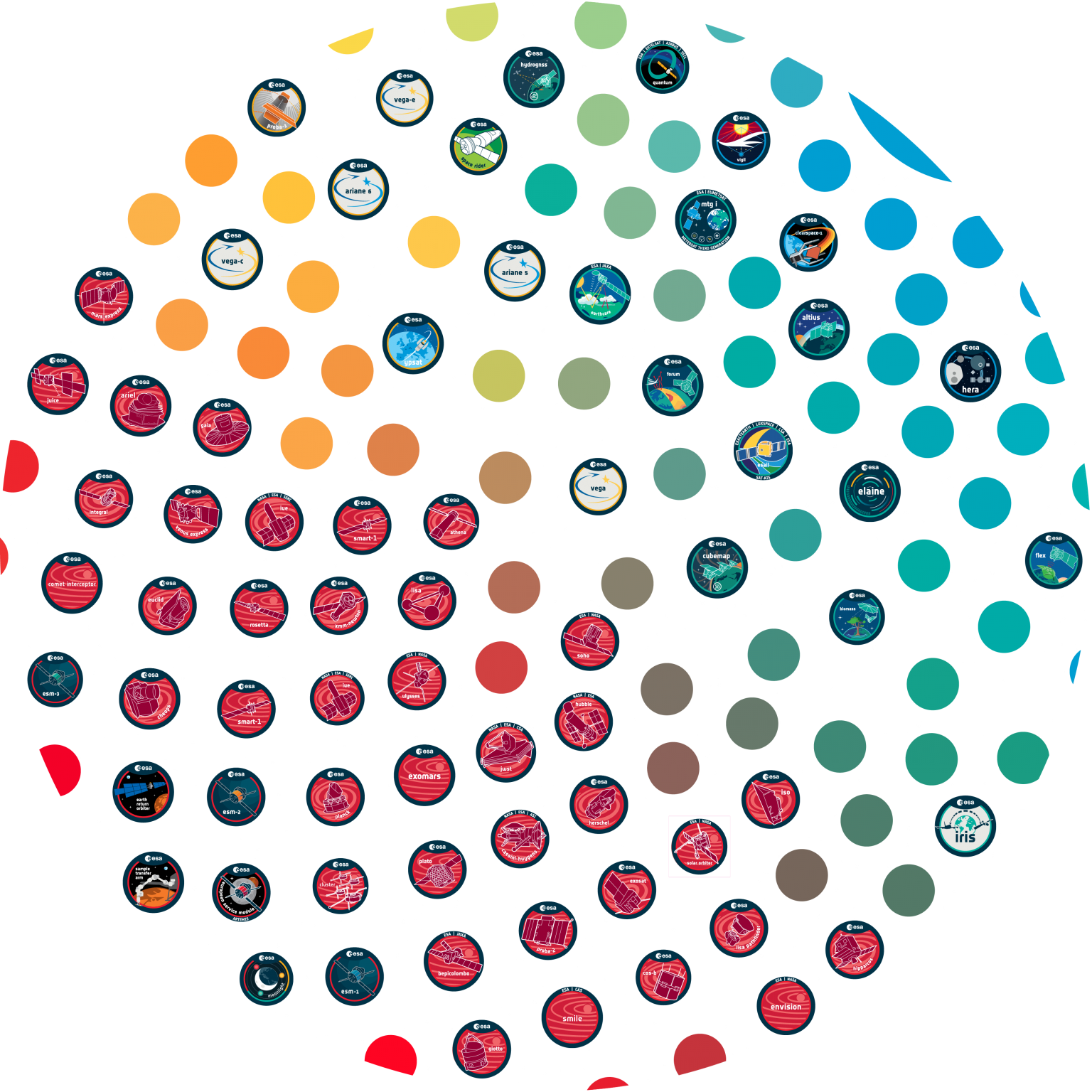
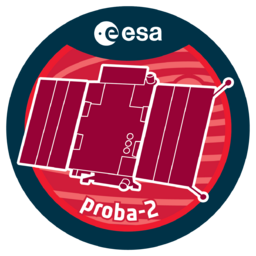
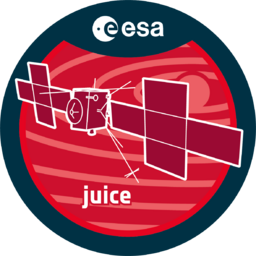
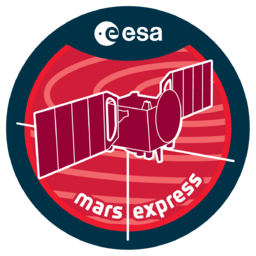
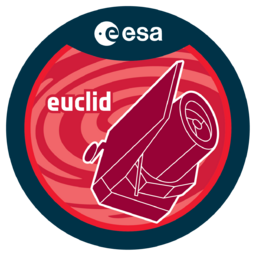
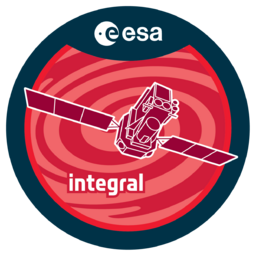
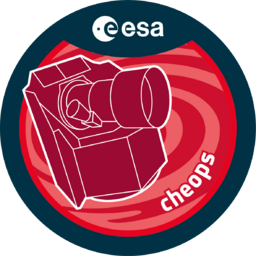
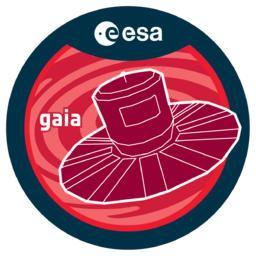
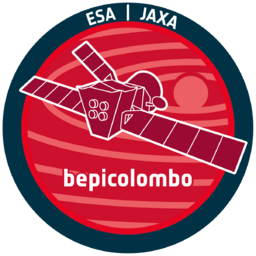
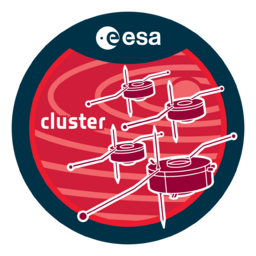
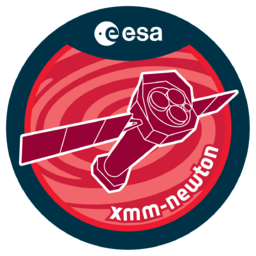
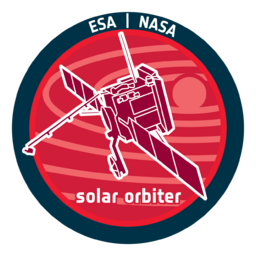
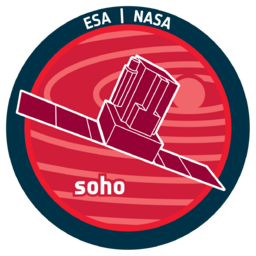
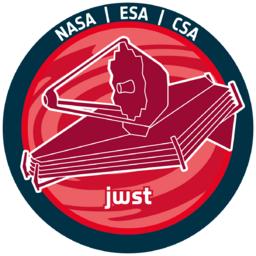
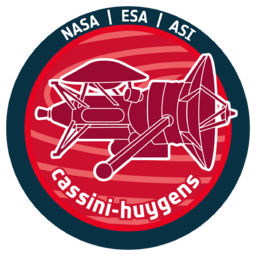
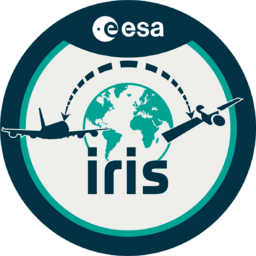
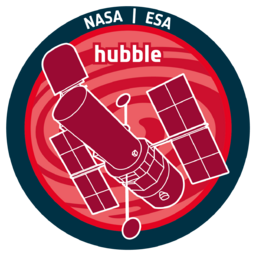
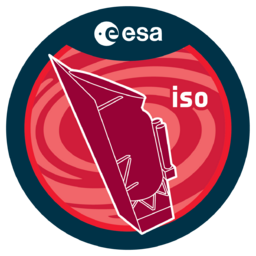

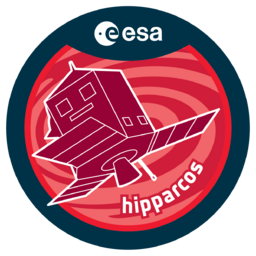
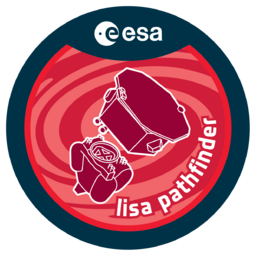
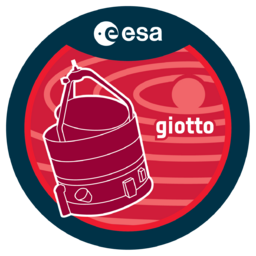
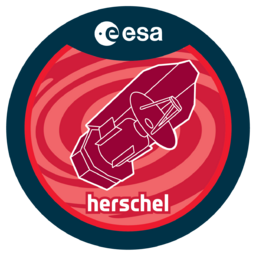
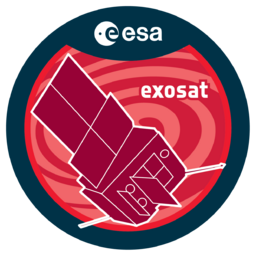
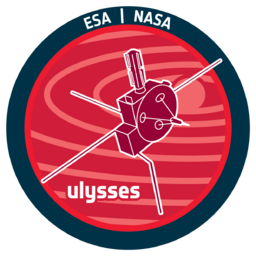
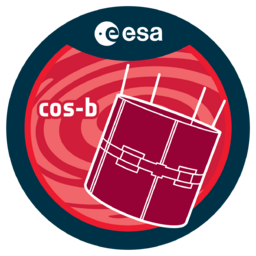
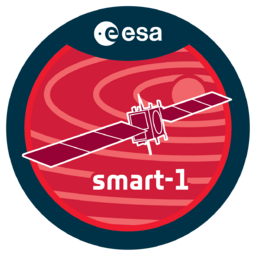
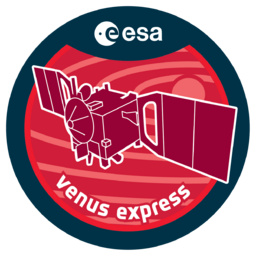
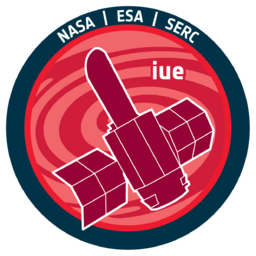
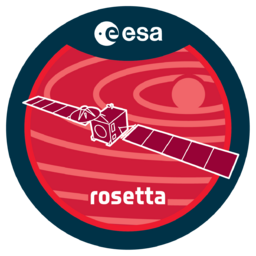

 Sign in
Sign in
 Science & Technology
Science & Technology